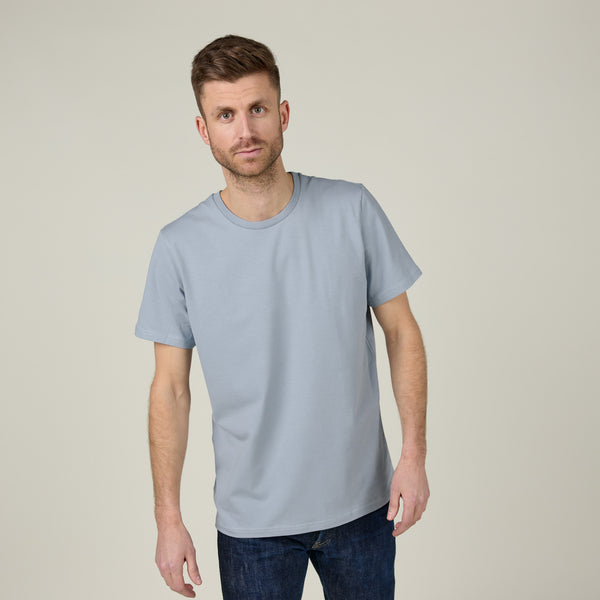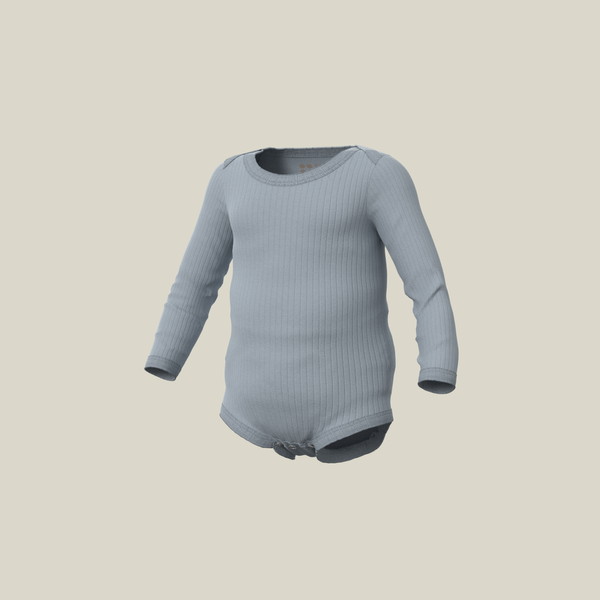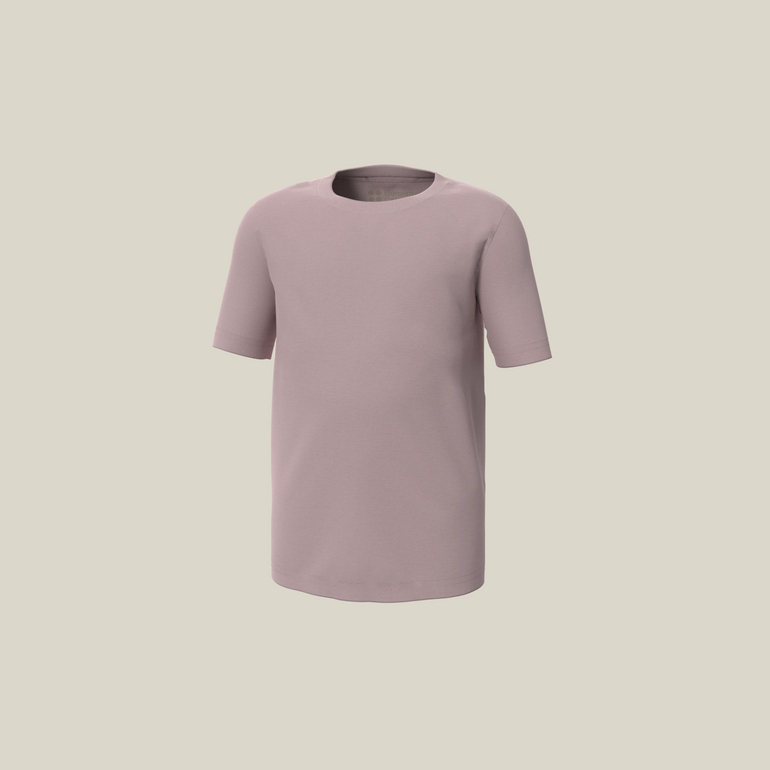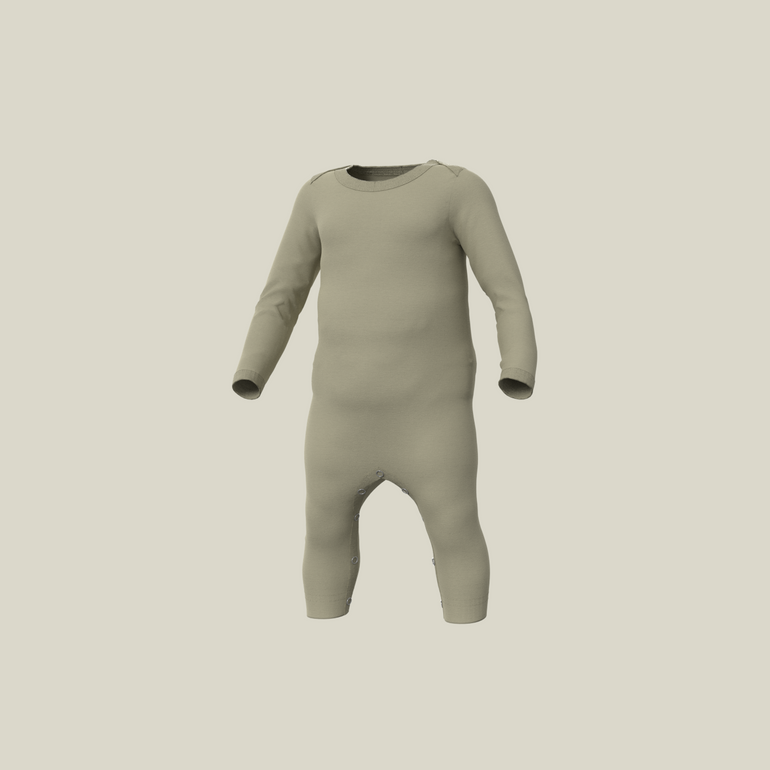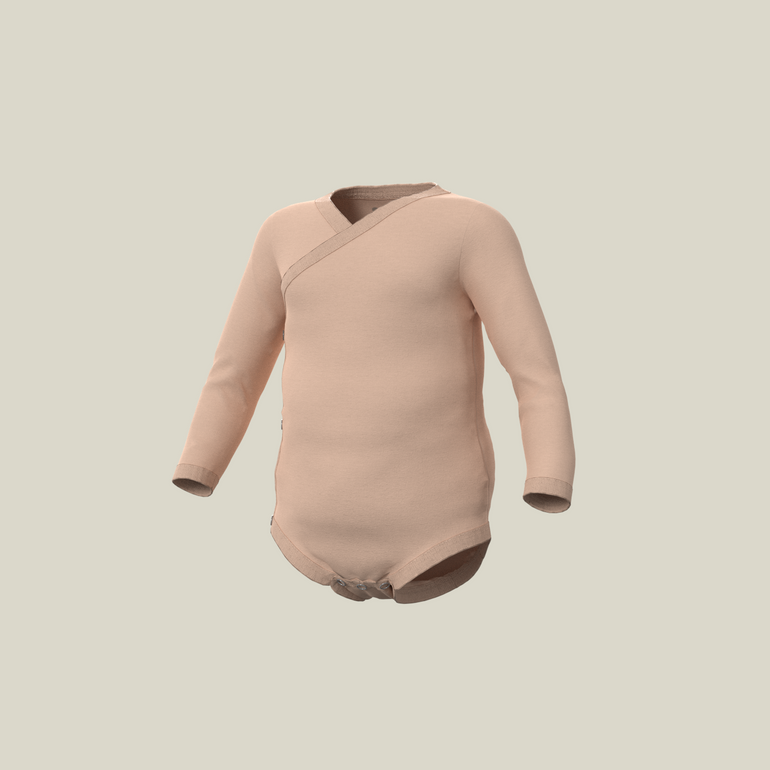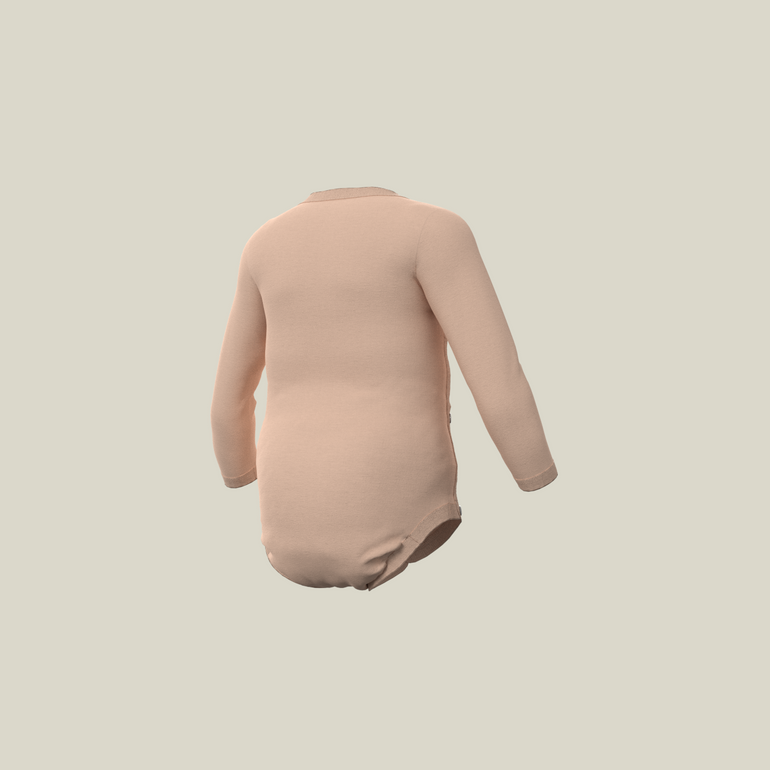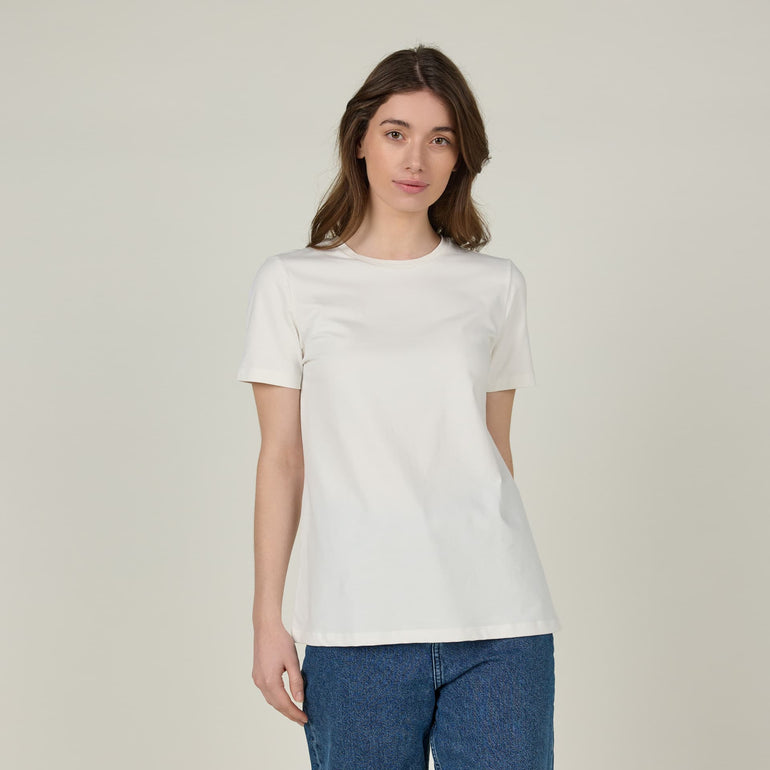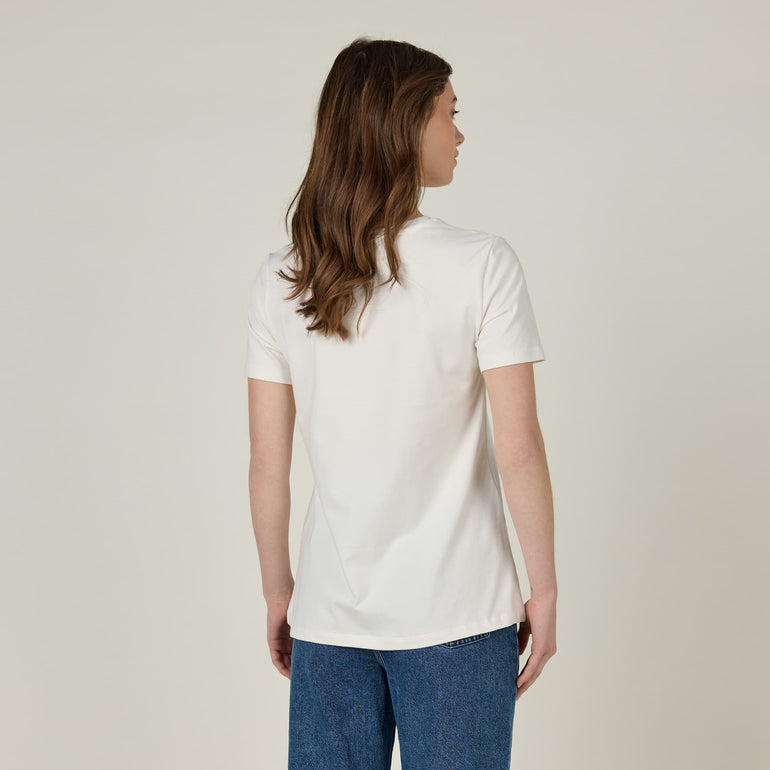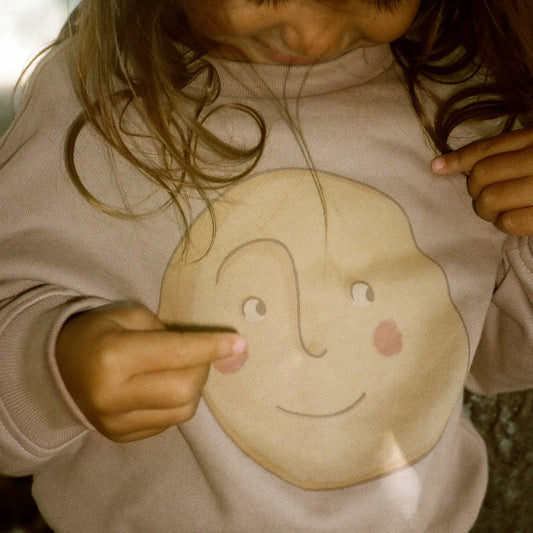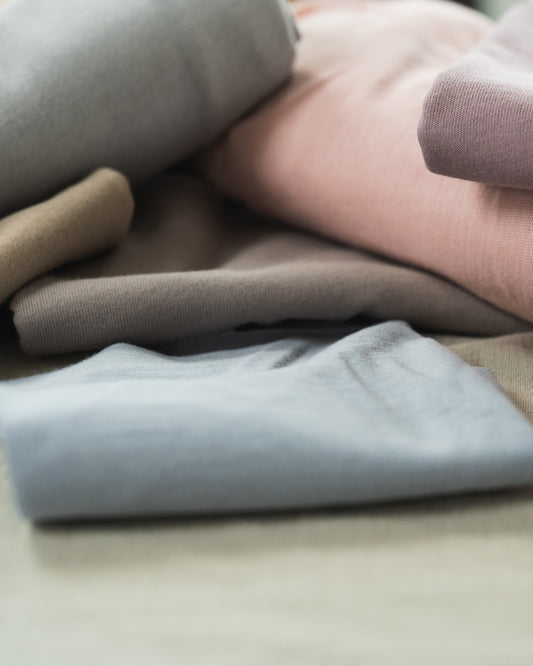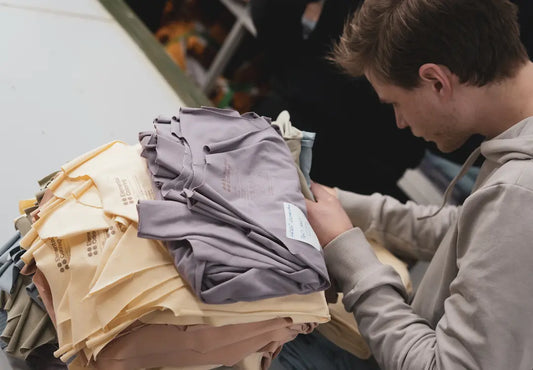
Debate: Taxes on textiles are sweet music to my ears
On 1 September , Børsen Bæredygtig published this debate post by our founder Frederik Møller.
If we are to achieve the goal of a thorough restructuring of the textile industry, it requires more than round table discussions, good intentions and strategies with long-term prospects for the results
It is hardly a secret that the textile industry is facing a crisis of conscience.
For decades it has been a major climate culprit, and the industry's impact on the planet has become a major global concern.
According to the Danish Environmental Protection Agency, textiles are in fourth place among product groups with the biggest negative impact on both the environment and climate in the EU.
While there has been a lot of talk about the need for change – most recently in connection with Copenhagen Fashion Week – the industry has been too slow to take action.
Earlier this month, Radikale Venstre presented a new climate proposal that includes a textile tax of DKK 50 per kilos of textile, and it's sweet music to my ears.
The time has come for a change of habit: no more declarations of intent and self-developed standards. There must be a revolution in the clothing industry.
Change at all levels
Because, just like with organic food and other green conversion projects, a change must take place at all levels – from producer to consumer, both in relation to working conditions and utilization of the planet's resources.
One of the most important developments in recent years has been increased consumer awareness.
Consumers are increasingly aware of the textile industry's environmental impact and are pushing manufacturers to adopt more responsible practices, from using organic materials to reducing waste and carbon emissions.
But unfortunately it is still only a few and nowhere near enough to be able to change the industry's habits.
Need for tax
Personally, I am of the conviction that a textile tax is the leverage we in the textile industry need in the work to create real change.
First, regulation can help ensure that textile products are safe for consumers to use and wear. This may include regulations around the use of certain chemicals or materials that may be harmful to our health.
Second, regulation can help promote sustainable practices within industry such as reducing water consumption or limiting the use of harmful chemicals.
This can help reduce the environmental impact of textile production and promote more gentle practices going forward.
Finally, regulation can help protect workers' rights and ensure that there are sound and fair conditions throughout the supply chain.
No lower limit
These are all areas we take very seriously at Elemental Coloring. It is our ambition to rethink the way in which textiles are produced and sold in the industry.
It amazes me daily how we as a western society will accept to import goods without being completely sure how and by whom they are manufactured.
It does not seem that today there is a lower limit to what we will accept in terms of potential and actual slave labor.
As an industry, we can and must do more. If we are to achieve the goal of a thorough transformation of the textile industry, it requires more than round table discussions, good intentions and strategies with long-term prospects for the results.
Through regulation, we can take the first baby steps towards a more responsible industry that meets the needs of both people and the planet.
Read more journals
- Choosing a selection results in a full page refresh.

